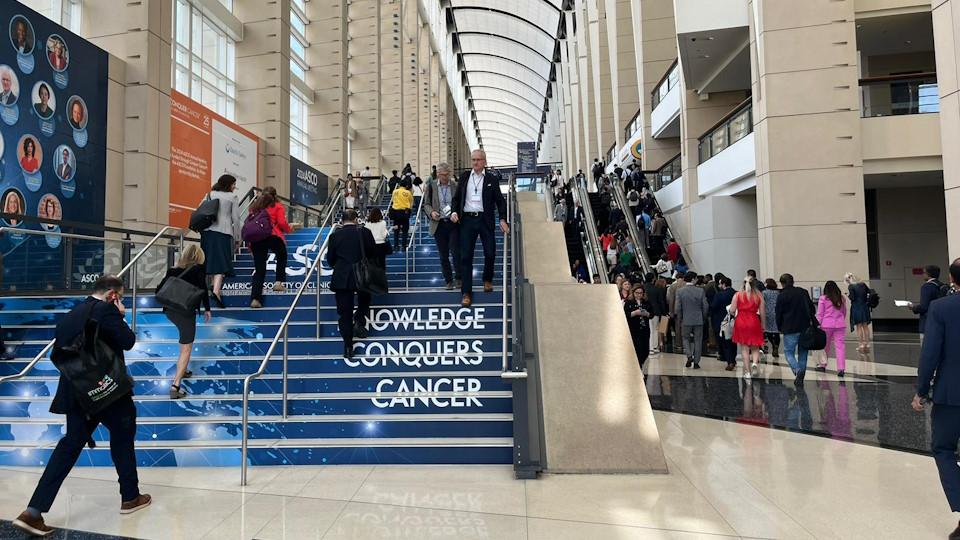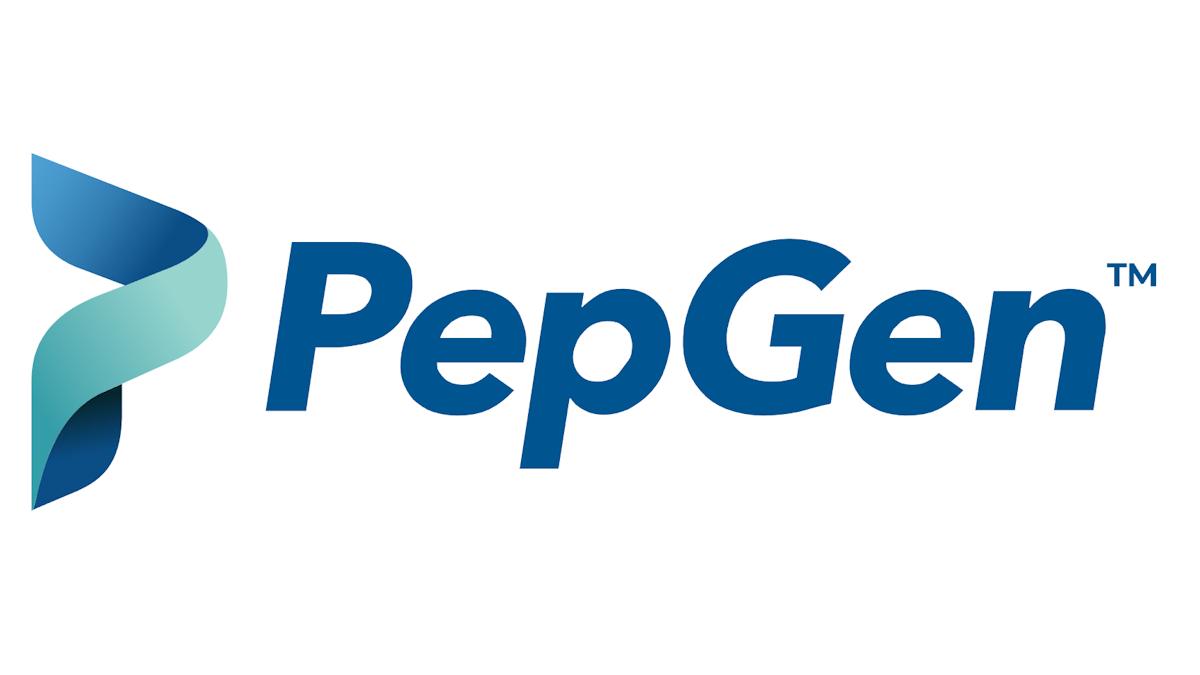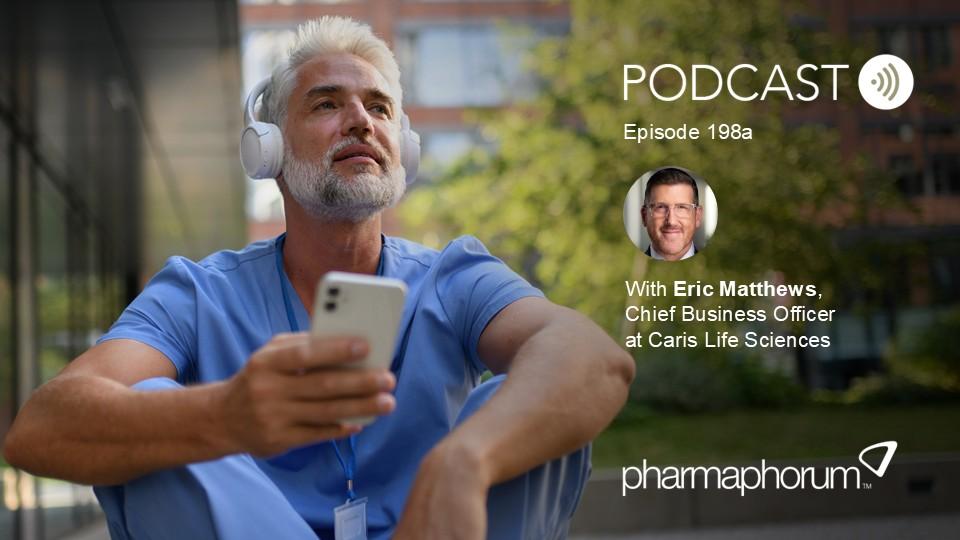ASCO: Conversational AI tackles missed colonoscopies

An artificial intelligence-based tool has shown impressive results in raising colorectal cancer screening rates in underserved populations.
A study run by researchers at Montefiore Einstein Comprehensive Cancer Centre in New York, US, showed that the AI patient navigator – called MyEleanor and developed with tech company MyndYou – was able to increase colonoscopy attendance in an area where missed or avoided appointments are prevalent.
According to the researchers behind the study, disparities in colorectal cancer screening “loom large” for underserved communities in the US, with 59% of colonoscopy appointments offered to ethnically minoritised and disadvantaged people at the cancer centre either cancelled or no-shows, despite an active outreach programme using skilled human navigators.
They used the MyEleanor bot to make an initial call to try to encourage 2,400 Bronx residents who had not turned up for an appointment to reschedule, with the aim of referring them to a human navigator who could then book them in. The bot – which can talk in English or Spanish – would also ask questions to examine the reasons behind their initial decision not to attend.
The patient cohort had a broad mix, comprising 41% Hispanic individuals and 33% Black individuals, while 66% of the population were female, and overall more than half of those who interacted with MyEleanor accepted the transfer to a human navigator.
The result? The rate of completed colonoscopies almost doubled from 10% to 19% and the overall patient volume through the centre increased by 36%. The system also saved around 52 hours of work per month for the human operators.
“In a time when our health care system and workforce have not fully recovered from the ravages of the pandemic and cancer disparities continue to loom large, it is critical to identify effective and efficient ways to optimise patient care without placing additional burden on the system or staff,” said lead study author Alyson Moadel, deputy director of community engagement and cancer health equity at Montefiore Einstein.
“Our quality improvement project demonstrates the potential that artificial intelligence-based virtual navigation can have in meeting these criteria while promoting engagement in cancer screening in underserved populations who experience a disproportionate cancer burden in morbidity and mortality,” she added.
Among the findings were that the top reasons for cancelled or no-show appointments were access to transportation, lack of time, lack of perceived need, no physician reminder, mistrust of doctors, concerns about the findings of the test and cost.
Spanish-speaking participants and those who declined to reveal their racial background were likely to have more of these barriers, according to the researchers.
ASCO commentator Fumiko Chino, a radiation oncologist at Memorial Sloan Kettering Cancer Centre, said the study supports the potential of conversational AI to reach vulnerable patient populations and “deliver on the promise of technology to facilitate better, more efficient and equitable healthcare.”
The next steps for the team include exploring how MyEleanor affects the completion of rescheduled appointments and using the AI to deliver appointment reminder calls and advise on medication pick-up and prep instructions that are needed before a colonoscopy. They also plan to use it in studies involving breast and lung cancer patients.












